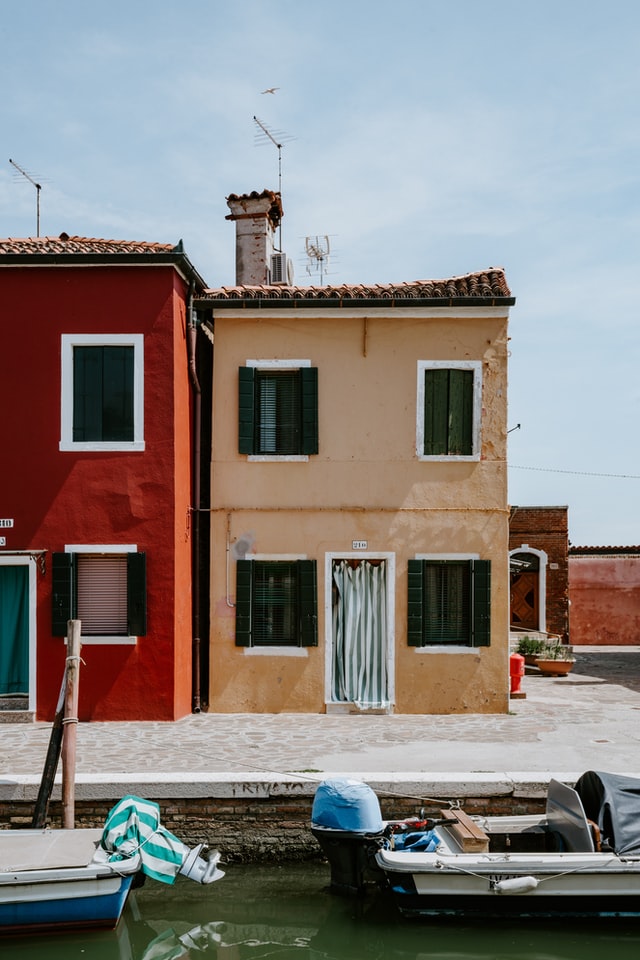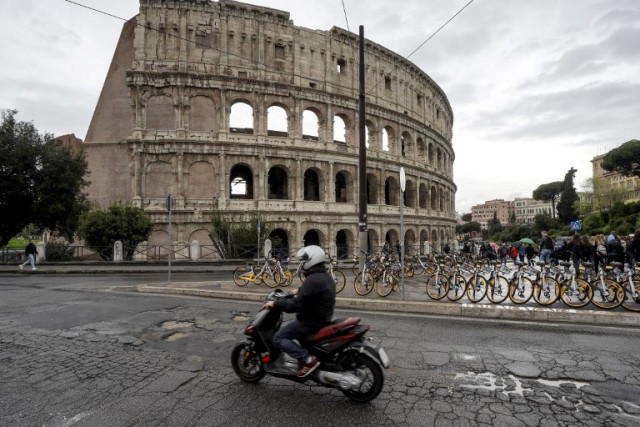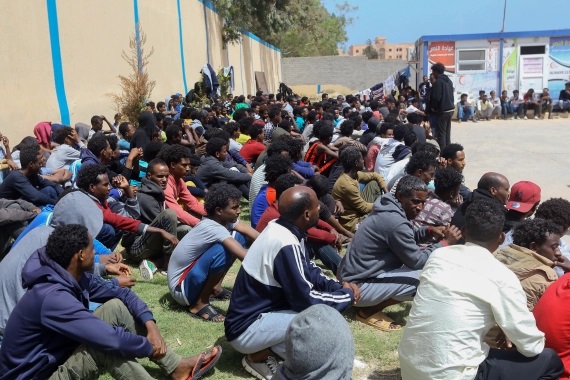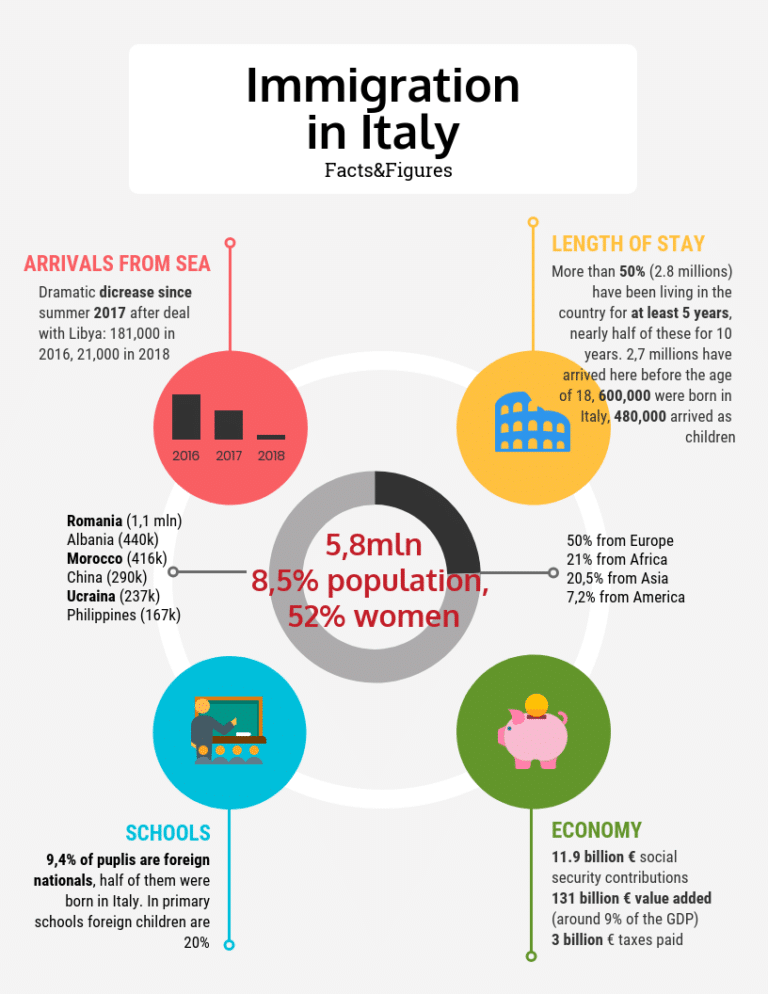Who is an an asylum seeker and how does the asylum process work? If you have never been one, you may never know the stringent process and rules that is needed to follow to be guaranteed a stay in another country that is not your birthplace.
However, this blog post is very important for those hoping to seek asylum, those already seeking asylum and anyone in a position to inform anybody who needs to be guided with the right information to do the right thing. Knowledge is power! so keep reading.
According to Wikipedia, an asylum seeker is a person who flees their home country, enters another country and applies for asylum, i.e. the right to international protection, in this other country. An asylum seeker is a type of migrant and may be a refugee, a displaced person, but not an economic migrant.
Asylum can be granted to people who are unable or unwilling to return to their home country because of persecution or a well-founded fear of persecution on account of race, religion, nationality, membership in a
particular social group or political opinion.
By December 2017, UNHCR had counted over 1,000,000 asylum applications in 37 European countries (including both EU members and non-members).
As of 2017, 55% of refugees worldwide came from three nations: South Sudan, Afghanistan, and Syria. Of all displaced peoples, 17% of them are being hosted in Europe.
Please read: Beliefs about immigration in Italy, True or False?
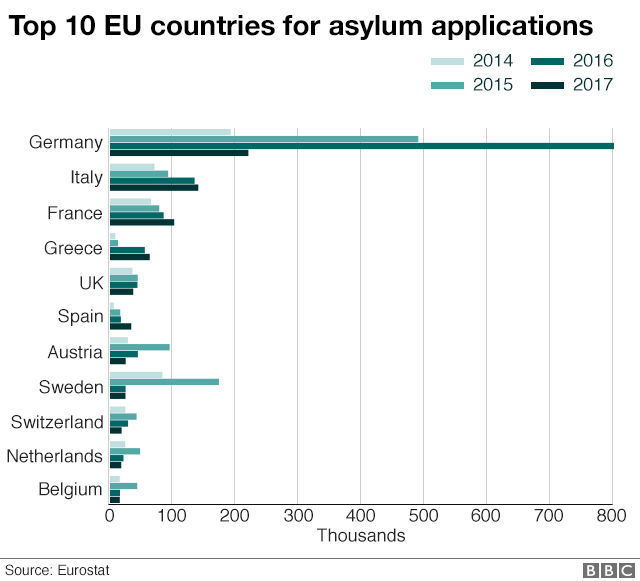
Below are some of the frequently asked questions about asylum and refugee issues in Italy.
1.WHO CAN APPLY FOR A REFUGEE STATUS
You can apply for refugee status if, in your home country you were directly and personally persecuted for reasons of race, religion, nationality, membership of a particular social group or political opinion, or if there is a well-founded and proved reason to hold that you may be persecuted in case you return to your home country (incompliance with the Geneva Convention).
2. WHO CANNOT APPLY FOR A REFUGEE STATUS
You cannot submit your application for refugee status in Italy if:
■ You have already obtained refugee status in another State;
■ You come from a State, other than that of your origin, that adheres to the Geneva Convention and where you stayed for a
certain period of time but never applied for the refugee status;
■ You have already been convicted in Italy of a crime against the State or State security, a crime against public security, or one of the following crimes: reduction to slavery, theft, robbery vandalism and pillage, or a crime connected with the selling of and illegal trafficking in weapons and narcotics. The same applies also if you have been convicted of the crime of association with Mafia or for belonging to terrorist organizations.
■ You have committed war crimes or crimes against peace and humanity.
3.WHERE CAN I APPLY?
You can apply
a. With the Italian Border Police Office on arrival.
b. With the Immigration Office of the locally competent Questura (Provincial Police headquarters) if in the place where you entered Italy there is no Border Police Office.
Please read; Ten things to know before moving to Italy
4. HOW CAN I APPLY?
You can apply with the Police Office where you will receive ad hoc
forms in which you will have to:
■ State the reasons why you are applying for refugee status;
■ Provide any other information and documents necessary for supporting your application.
■ Attach a copy of a valid personal ID document (passport, ID card,
etc.), if you have any, or provide personal details to Police Authorities by indicating an address where your correspondence is to be sent to. The Questura will provide you with a copy of your application and of any documents you have produced and will take your photo and fingerprints.
5. WHO DECIDES ON YOUR APPLICATION?
The Questura will immediately send the application, together with the necessary enclosed documents, to the competent Commissione Territoriale per il Riconoscimento dello Status di Rifugiato(Territorial Commission for the recognition of refugee status). This Commission will decide whether to grant you the refugee status or not.
There are 7 Commissions in Italy (Gorizia, Milan, Rome, Foggia, Siracusa, Crotone and Trapani). The Questura will send a notice to the address indicated in your application, specifying the date of the summoning at the Commission. It is important that you always inform the Questura of any changes in domicile in order to receive all the correspondence. Remember that it is very important for you to appear before the Commission. In fact the interview will give you the opportunity to better explain your situation and the reasons why you fear persecution. If you do not appear before the Commission, they can decide on your application only by examining the available documents without listening to you.
6. WHAT DECISION CAN THE COMMISSION TAKE?
The Territorial Commission will take the decision on your application
within 3 days of the interview. They can decide one of the following:
✓ Grant you the refugee status.
✓ Reject your application, but even if you don’t meet the requirements for obtaining refugee status, the Commission can independently assess the dangerousness of your repatriation and ask the Questore to issue you a residence permit for humanitarian protection. This permit is valid for one year, is renewable and will allow you to work.
✓ Reject your application and will order you to leave the
national territory.
7. WHAT IF I DO NOT KNOW HOW TO SPEAK ITALIAN
If you don’t speak Italian, you can ask for an interpreter or a cultural mediator in filling in and writing out, if possible, in your language or in one of the most common languages (ENGLISH, FRENCH, SPANISH and ARABIC) – the information form and the statements concerning the reasons for your application.
8. WHAT HAPPENS AFTER APPLYING?
When the Police Authorities ascertain that the documents submitted are the right ones, the Questore of the province where the application was submitted issues a residence permit valid for three months, which is renewable until the Competent Territorial Commission decides on the case.
If you have arrived in Italy without ID papers stating your nationality and personal data, or if your application for refugee
status recognition is based on elements that need to be verified, you will be hosted in one of the Identification Centres for a maximum of 20 days. If within that time your application has not been examined by the Competent Territorial Commission yet, you will be entitled to leave the centre and will be given a residence permit valid for three months and renewable until the Competent Territorial Commission decides on the case.
If you don’t have means of subsistence, you can ask the competent Prefettura, through the Police Authorities where you applied, to be hosted in a municipal reception centre for the whole period of examination of your application for refugee status.
9. THINGS TO KNOW WHILE AT THE IDENTIFICATION CENTER:
✓ You will be guaranteed urgent ambulatory and hospital treatments;
✓ You will be allowed to receive, under no members, your lawyer, the UNHCR and any other organizations or bodies for refugees’ protection recognized by the Italian Ministry of the Interior;
✓ You are not forced to remain at the Centre during the day, except during night-time, of course under the
rules set by the body running the Centre. You can also ask the official in charge of the Centre to be away over an extended period of time beyond the time set by the Centre’s rules – because of special reasons(family, health)
✓ Non-authorized and unjustified exit from the Centre for a prolonged period is tantamount to your renunciation of your application for refugee status.
10.WHAT CAN YOU DO TO APPEAL AGAINST THE REJECTION OF YOUR
APPLICATION?
If you are hosted in an Identification Centre, you can – within 5 days of the rejection of your application – make an appeal to the President of the Territorial Commission, asking for your application to be re-examined. The appeal has to be based on new elements emerged after the decision of the Commission or on facts existing before but not considered by the Commission. The request for review will be decided on within 15 days. In any case, within 15 days of notification of the
rejection of your application by the Commission, you can appeal to the Ordinary Court of Law with territorial jurisdiction (if you are abroad you can do it through the Italian diplomatic representation). In both cases, you can request the Prefetto (Prefect) of the province where you live to allow you to remain in the national territory until the decision on your appeal. You’ll be notified of the Prefetto’s decision within 5 days of the request and, in case your request is accepted, you will be informed of the conditions of your stay in Italy
11.WHAT HAPPENS IF YOU ARE GRANTED THE REFUGEE STATUS?
The Commission will grant you the refugee status and give you a card proving you’ve been granted the refugee status. Together with the card, the Questura will give you a travel document allowing you to go abroad and return to Italy (this travel document has the same validity period of the residence permit). In order to get identity documents, you’ll have to go to the Comune (Town Council) in your place of residence, you will be entitled to a residence permit valid for two years, you will have the same rights and duties as Italian citizens, only except some rights ensuing from the Italian citizenship (for example: the right to vote, to take part in competitions for public jobs, etc.).
A must read: The new anti-immigration law in Italy
If you need to obtain some certificates or documents from your home country to exercise a right in Italy, the Italian authorities will help you obtain them, or will issue certificates or documents substituting in every respect the official documents of your home country.
You absolutely cannot go back to your home country. If it happens, that could in fact cause the cessation of your refugee status because it would be considered as a manifestation of your will to avail yourself again of the protection of your country of origin. Likewise, any application for a passport at the diplomatic representation of your country in Italy will be considered as your will to avail yourself of the protection of your home country.
The personal document given to you by the Questura will allow you to travel abroad for a period not exceeding three months, without visa requirement. If you need to reside abroad for a longer period, for example for employment reasons, you have to apply for a visa at the diplomatic representation of the country you are planning to go, then you can start the procedure for the “transfer of responsibility” to that new State which will host you.
Applying for asylum is not for everyone as it requires you to meet a certain criteria as we have read from this post. For those who have applied and waiting for a positive result, I wish you the best of luck, and for those who had their applications rejected please, I want you to cheer up, it is not the end of the world.
Please read: A Nigerian commits suicide in Italy
This article is an edited extract of the guide book: Staying in Italy legally by the Ministry of the Interior.
I would like to hear from you: What are your thoughts on this subject. You can share your thoughts and experiences with me and others in the comments section below!
It is hard to continue writing post like this without contributions from readers like you. If you enjoy reading this and find it useful, please consider making a donation. Your donation will help encourage and support us to continue on our work to support migrants with free educative post and trainings. Kindly support us today.
Subscribe to the MigrantDigest newsletter & receive updates & tips on news, jobs, finance, entertainment and free trainings.
PLUS, you’ll get instant free E Book on staying in Italy legally, delivered to your email! This E Book is guaranteed to help you to be informed of the existing rules to live a better life and to co exist better with Italians. It only takes a few seconds! Sign up below at the footer.






